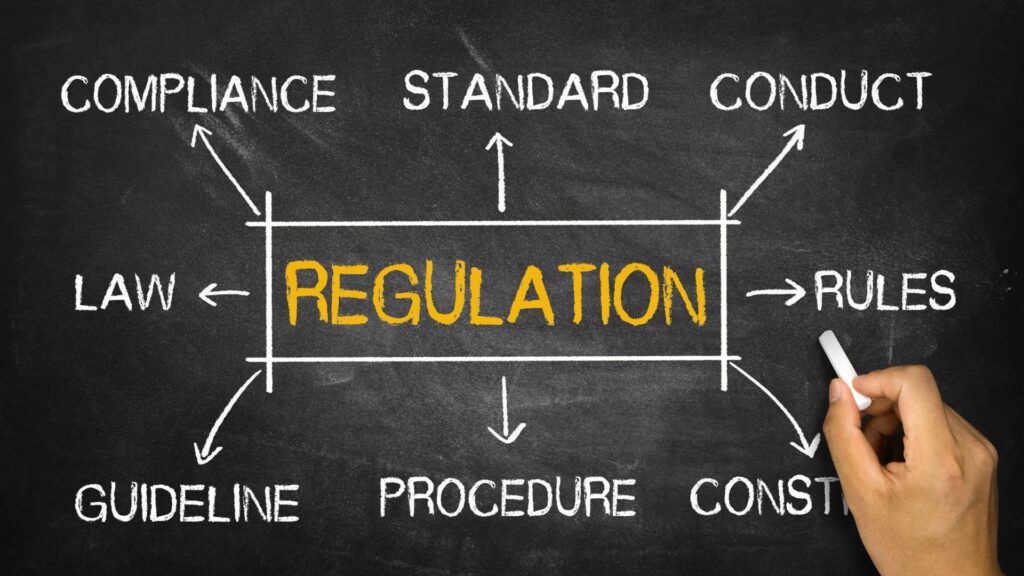As a small or medium-sized business owner, keeping up with the ever-changing landscape of tax regulations is crucial for maintaining compliance and ensuring financial health. With the potential for costly penalties and legal implications, understanding these changes and their impact on your business is paramount. At LibroPro, we are committed to providing you with expert accounting and tax services to help you navigate these complexities. This article outlines key aspects of tax regulation changes and offers guidance on how to adapt your business effectively.

The Importance of Staying Informed
Tax regulations can change frequently due to new laws, amendments, or changes in government policy. These shifts might affect various aspects of your business, from deductions and credits to filing requirements and tax rates. Staying informed about these changes is crucial for several reasons:
- Compliance: Non-compliance with tax regulations can lead to severe penalties, audits, and financial repercussions.
- Financial Planning: Understanding tax changes helps you adjust your business budget and tax planning strategies accordingly. Ignoring relevant updates can result in unexpected tax liabilities.
- Strategic Advantage: Being proactive in understanding tax regulations allows your business to seize opportunities, such as tax credits or deductions that can lower your overall tax liability.
Recent Changes in Tax Regulations
As of late, several significant changes in tax regulations have impacted small businesses. Understanding these changes can help you better plan for filing and compliance:
- Changes to Tax Rates: Tax rates can vary based on a variety of factors, including income level, business structure, and the introduction of new tax laws. Being aware of any changes to federal and state tax rates is essential for minimizing liabilities and maximizing deductions.
- New Deduction Opportunities: Legislative changes can introduce new deductions for small businesses, such as those related to remote work expenses or investments in technology. Reviewing eligibility for these deductions ensures you’re not leaving money on the table during tax season.
- COVID-19 Relief Initiatives: The pandemic introduced various relief programs aimed at supporting businesses, which can significantly impact your tax reporting. Programs such as the Paycheck Protection Program (PPP) and Employee Retention Credit (ERC) offer important tax implications that can benefit your business.
Best Practices for Adapting to Tax Changes
- Consult with a Tax Professional
Working with an experienced tax professional is vital for navigating changes in tax regulations. Tax experts keep abreast of legislative developments and can provide personalized advice tailored to your specific business situation. At LibroPro, our team specializes in identifying adjustments you may need to make based on the latest regulations.
- Invest in Accounting Software
Utilizing reliable accounting software can help streamline tax preparation and ensure accurate reporting. Many modern accounting platforms offer features that track tax changes and automatically apply deductions, making it easier to maintain compliance. Regularly updating your software also ensures you’re working with the latest features and tax rules.
- Maintain Organized Financial Records
Keeping organized financial records is essential for adapting quickly to tax changes. Proper bookkeeping enables you to monitor relevant transactions and expenses, making it easier to identify tax liabilities and opportunities. Establishing a robust record-keeping system throughout the year can simplify the tax filing process and ensure you’re prepared for any regulatory changes.
- Conduct Regular Tax Reviews
Set aside time each quarter to review your tax situation. During these reviews, discuss any changes in your business operations that may affect your tax obligations. Engaging in frequent discussions with your accounting team will help ensure you’re aware of upcoming deadlines and any regulatory changes on the horizon.
- Educate Yourself and Your Team
Staying informed about tax regulations involves continuous education. Attend workshops, webinars, and industry conferences where you can learn about tax law updates and best practices. Encouraging your team to stay educated on financial regulations helps foster a culture of compliance and informed decision-making.
Conclusion
Navigating changes in tax regulations is essential for every business owner. By staying informed, consulting with professionals, and implementing best practices, you can adjust your strategies to adapt to new developments in tax law.
At LibroPro, we understand the complexities of tax regulations and are here to support you in maintaining compliance while optimizing your tax position. If you have questions about how recent changes may impact your business, contact us today for a consultation and let us help you navigate the evolving tax landscape with confidence!

